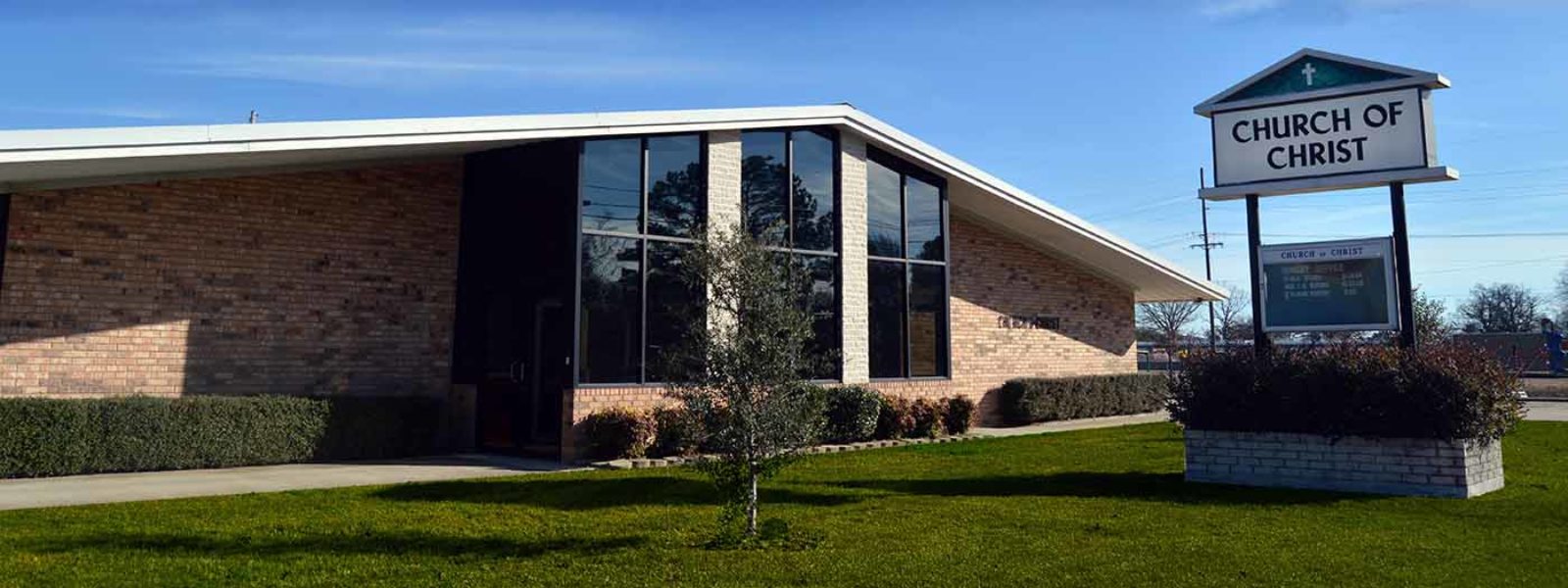He Ate with Publicans and Sinners (Part 1)
One of the criticisms that Jesus’ enemies employed was that He ate with publicans and sinners (Matthew 9:10, 11; 11:19; Mark 2:15, 16; Luke 5:30, 7:34, 15:1). This criticism was leveled at Jesus because he associated with these people to teach them the gospel. The Pharisees had a strict standard with whom a “faithful Jew” could and could not associate. They labeled these people and forbade the “faithful” to associate with them. These people included publicans, harlots, Samaritans, and “sinners.” Who were these people?
Publicans were the tax collectors of the day, and carried out the will of the Roman Empire by collecting from the Jewish people. From their frequent association with gentiles, this made them “off-limits” to the “faithful” Jew. Publicans also had a practice of taking more taxes than the government required. John the baptizer told these tax-collectors that they needed to repent of this practice (Luke 3:12, 13). Samaritans were descended from the Jewish people who were left behind during the Babylonian captivity. These married the pagans who were already in the land and intermingled themselves so as to violate God’s requirements under the Old Law regarding marriage (Deut.7:3; Ezra 10:2). Harlots sold their bodies for money. The Pharisees did not associate with them, no doubt, to maintain their sparkling reputation of “righteousness” among the Jewish people. Sinners were just any other kinds of people that no doubt, sinned, but also, that the Pharisees would not associate on account of their “reputation.” These sinners might have been adulterers, thieves, or even other harlots and publicans. It was an all-inclusive category. (To be continued)
God bless you, and I love you.
Kevin Cauley

